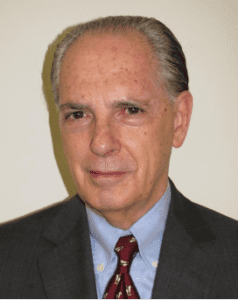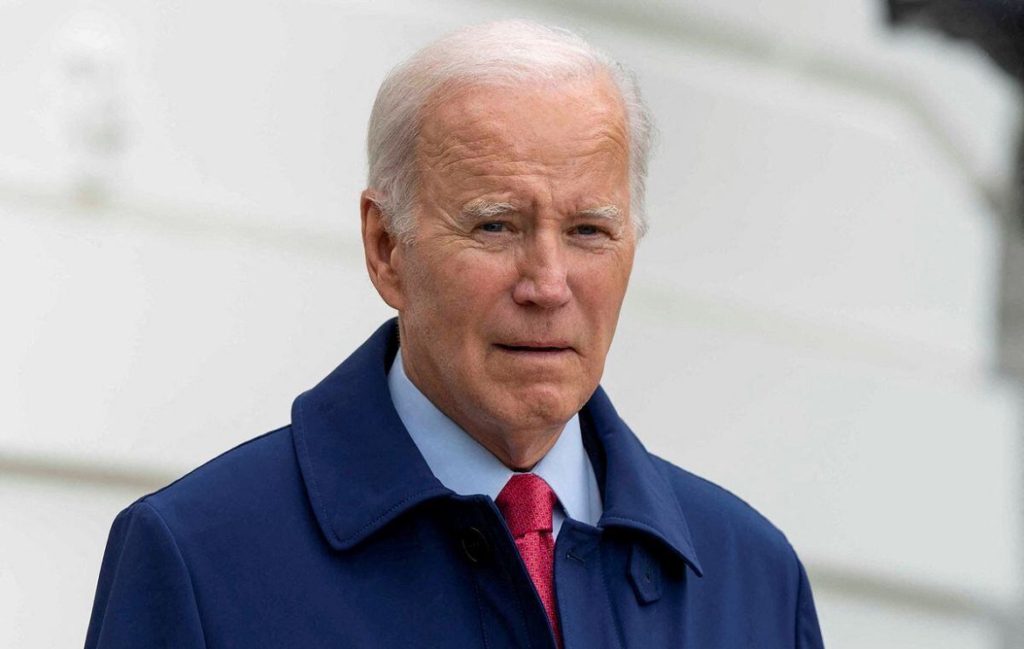President Biden’s age and apparent fragility have become significant negative campaign handicaps.

Although in 2020 he never pledged not to seek reelection if elected, which could have turned him into a lame duck, he promoted the idea that his presidency would be a transitional one. A bridge towards new generations.
However, although he would be 82 shortly after next year’s election, he has chosen to embody the future of the Democratic Party. Three factors, thus, should be analyzed in this regard: Why is he doing it? Is that truly so bad? Would age objectively be a diminishing consideration?
Refusing to quit
The reason why is a complex one. Branko Milanovic wrote an interesting piece on why dictators don’t leave power. In his words: “When power as such becomes the objective, as it is among all politicians, and autocratic rulers especially, there is no amount of worldly goods that could substitute for power”. Meaning, the craving of it (Milanovic, 2023). Of course, Biden is no autocrat. However, as long as the rules of the game allows it, the need to be in control doesn’t seem to differ much. Relinquishing power is always painful.
That is exactly the reason why, while the American median age is 38.9 years, the average age in the U.S. Senate is 65.3 years. If gerontocracy was the defining characteristic of the Soviet Union’s Politburo, where the average age of its members was 70, America’s Senate follows closely with its median age increasing with every passing year (Shmilovitz, 2023). While clearly diminished by age, Dianne Feinstein died still active in the Senate at age 90, while Mitch McConnell remains as Senate Minority Leader at 81, notwithstanding his mid-speech public freezing episodes. Meanwhile, Nancy Pelosi remained Speaker of the House until 83, and Bernie Sanders at 82 is the leading progressive voice in that body. Biden’s yearning for power, thus, is not exceptional within American politics. As neither is Trump’s.
But in addition, Biden’s attitude has something to do with his own generation. As it has been written: “The Baby Boomer is the ‘longest generation’. They refuse to retire; can’t imagine retiring; won’t retire! (…) They have never contemplated life beyond a professional one. And their plan seems to hang on to whatever power, prestige, or routine their work affords them for as long as possible” (Friedersdorf, 2022). Supreme Court Judge Ruth Bader Ginsburg, was a good case in point. Feeling energized with her job, she failed to quit when Obama could have appointed a Democratic replacement to her. The consequences of that decision are well known. This, of course, has much to do with the improvement of healthcare and the advances of medicine, which have translated into longer life spans and mental acuity. As the saying goes, the sixties are the new fifties.
On top, there is Biden’s sense of mission. In his 2023 State of the Union address, in front of tens of million viewers, he laid out the scale of his accomplishments and his vision for the path ahead. On that occasion he repeated, once and again, the phrase “finish the job”. Given his impressive record of legislative accomplishments, unseen since Lyndon B. Johnson’s administration, his aim may be ensuring his place in history and his rank within America’s presidents. Within that context, consolidating his initiatives and laying the ground for future ones, becomes fundamental.
Is it plainly a mistake?
Is Biden’s presidential bid clearly a mistake? Not necessarily, there are pros and cons involved in this decision that need to be weighed against each other. Although much of what has been said and written has to do with the negative aspects of his age, his candidacy presents an important redeeming virtue. Within many voters, fear exists that the Democratic Party has veered off too much to the progressive left. In this regard, Biden represents a guarantee of centrism. Although U.S. adults who fall on either end of the ideological spectrum are more active in terms of political engagement, Democrats can only win by running toward the political middle. As shown by a Public Religion Research Institute (PRRI) poll, 57 percent of independents said that they would vote for a moderate candidate (Durkee, 2022). Moreover, 41 percent of Americans are independents who may not have strong party identity (Kleinfeld, 2023). In that sense, Biden represents a known quantity, able to keep fears at bay.
Conversely, the biggest threat represented by Biden’s age is that it equates to an unpopular candidacy. That could allow an unpopular Trump to prevail on the margins, at a point in time when Democrats could benefit from the latter’s multiple shortcomings. Moreover, the fact that both parties would be presumably running with highly unpopular candidates, fuels the prospect of a centrist third party’s option. The same PRRI above mentioned poll, showed that 42 percent of respondents would vote for a candidate from a new political party “that’s in the middle between Democrats and Republicans” (Durkee, 2022).
Needless to say, with a much weaker base of unconditional supporters, Biden would have more to lose than Trump from such an option. Specially so, as the most probable candidate that could emerge therein would be Joe Manchin, a Democratic departing Senator. Under these circumstances, the best protection for Democrats to forestall that danger, would come from a candidate able to instill emotion and illusion within its ranks. Young figures such as Gavin Newson or Gretchen Whitmer might be much better placed to fulfill that role, warding against the alarming polling trends regarding Biden’s re-electability. This would deprive the third-party candidate’s alternative of its main reason of being, while turning the age factor against Trump.
Does old age prevent good governing?
The final consideration to be made is if old age diminishes government capabilities? Here, again, arguments cut both ways. In antiquity elders were reverenced, as keeps being the case today in many Eastern societies. Homer’s Nestor old age was associated with wisdom, as was the case of the Seven Sages of Greece. The Spartan commanding body, the Gerusia, was composed of 25 members of more than 60 years, which 2,500 years ago would have been the equivalent to 80 nowadays.
The term Senatus -the famous Roman Senate- meant the Elders Assembly. In ancient Israel the Council of Elders, the Zekenim, held executive and judicial powers. Indeed, older people in antiquity enjoyed a “golden age”, during which they were treated with great respect and held primary authority over political, religious, and social spheres. The same happened in ancient China: “Thus the hierarchical structure of the Chinese bureaucracy not only reflects how the ancient Chinese structured and categorized the political sphere but also the broader social sphere. There was a clear distinction between old and young, and the elderly were worthy of more respect than the younger generations” (Fiore, 2014-2015).
Respect and deference toward the elders still remain the case in China, where it has been associated with its Confucian culture, but it is also the case in many other Eastern societies. Stephen N. Austad, distinguished professor of biology at the University of Alabama, explains the reason for this when saying that there is objective data on what is called “wisdom”. Meaning, older people getting better at decision-making, assuming that they are not demented. In his words, elders have “this sort of calmness about them and this unflappability no matter what happens (…) On the other hand they are generally more deliberate, they’re less impulsive, they make less spur-of-the-moment decisions” (Hart, 2023). Biden’s several decades of experience at the Senate, plus his robust psychology after all the personal hell that he has been through, certainly qualify for wisdom. And his first term’s record proves it.
Conversely, though, infirmity at Biden’s age is always an open possibility. One that increases with every passing year. And although 77 year old Trump, obese and junk food’s eater, is at riskier position, Biden could get ill or demented during a second term. Ronald Reagan was diagnosed with Alzheimer at 82, five years after leaving office. Margaret Thatcher, already out of office, was also affected with Alzheimer at 82, according to her daughter. France’s former President Jacques Chirac died at 86 after several years with Alzheimer. Hence, Biden who would begin his second term at 82 falls within the same range of the former three. Clearly, the risk is there.
In sum
In sum, the reasons behind Biden’s decision to run again are clear enough, which are not all that clear are the pros and cons that comes with them. Arguments, as seen, can cut both ways.
Author: Alfredo Toro Hardy, PhD – Rtired Venezuelan career diplomat, scholar and author. Former Ambassador to the U.S., U.K., Spain, Brazil, Ireland, Chile and Singapore. Author or co-author of thirty-six books on international affairs. Former Fulbright Scholar and Visiting Professor at Princeton and Brasilia universities. He is an Honorary Fellow of the Geneva School of Diplomacy and International Relations and a member of the Review Panel of the Rockefeller Foundation Bellagio Center.
Image source: Reuters







